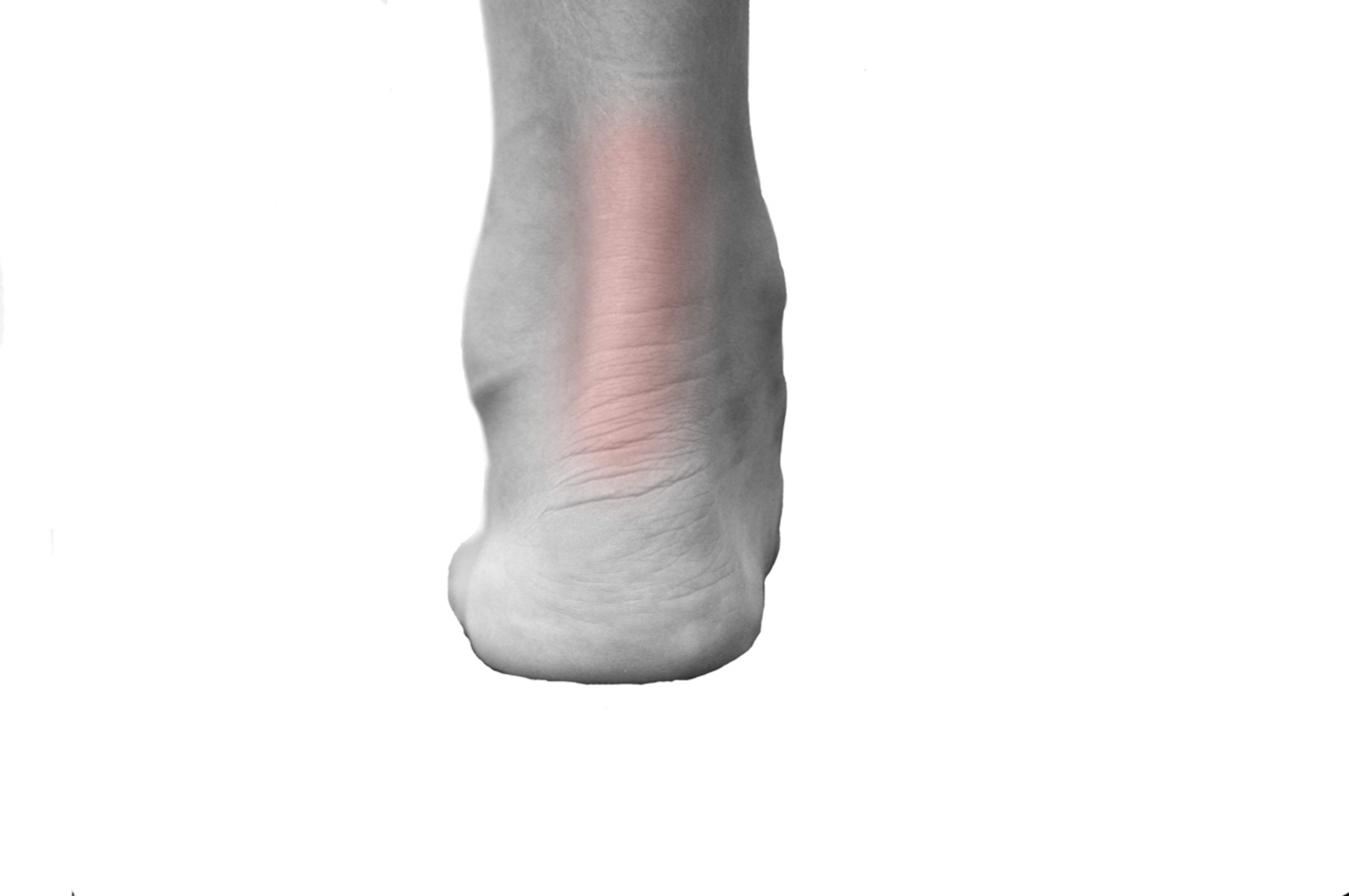
29 Aug A Patients Lament-Why Didn’t I Come Sooner?
In the beginning, the pinching feeling in the front of my left hip only came on when I crouched too low to the floor. I had never injured my hip that I could remember, but it sure wasn’t happy to let me squat down to tie my shoelaces. I made a pact with my hip at that point: I wouldn’t crouch low so that it wouldn’t have any reason to cause me pain. It wasn’t actually a conscious decision, but in hindsight I know my brain must have consented, because I simply stopped crouching. As time progressed, the hip became increasingly bold. It defiantly breached our nonverbal pact and began to cause pain when running. ‘I suppose that’s just my body’s way of telling me that running isn’t good for you’ I told myself, and I stopped my main form of cardiovascular exercise. I had every intention of joining a gym to start non-impact exercise such as swimming or cycling, but as that took more effort than lacing up running shoes and stepping outside, it never transpired. Fast forward two years, and a larger, more unfit version of myself was staring back at me in the mirror. After completing three long walks in a week to start losing weight, my right Achilles tendon became very painful. As I stepped out of bed one morning, I let out a yelp which caught my wife’s attention. She noticed the tendon was swollen, and I wasn’t able to walk down stairs normally because of the pain.
The next day I found myself sitting across from a physiotherapist who asked me questions about my injury. I filled her in on all the details of my Achilles pain and the walks that had caused the pain. She then observed me walking down the hallway, and asked ‘what is the story of your left hip? Have you previously injured it?’ I hadn’t mentioned anything about the hip pain to her, so I was shocked that she asked about it. My hip had always been fine with walking, and now it was obvious that it was my heel pain that was making me limp. I told her I had hip pain with crouching and running, but that I no longer performed those activities and that the hip was fine with everything else. She seemed to hold back a chuckle as she assured me that my hip was most certainly not fine, and that the way I was using my hip in walking was the reason my opposite heel was hurting! I wasn’t sure whether to believe her when she said the Achilles would heal itself if she and I could work together to fix my hip. She had a brief look at the Achilles, but 90% of the assessment focused on my hip. Four sessions later, after she worked on the hip and I did the exercises she gave me each day at home, the hip pain was gone and I was able to return to crouching and even running without pain. The Achilles pain disappeared completely.
The last question I asked of my physiotherapist was ‘why did I wait so long to come to physiotherapy?!’ Her response was that this question is the most frequently asked question physiotherapists encounter and that she is always pleased when patients realize that PREVENTION AND EARLY INTERVENTION are the keys to maintaining OPTIMAL PHYSICAL FUNCTION. She said I was lucky that I came when I did because she often sees patients who leave their symptoms too long thinking they will eventually get around to sorting them when they have more time or money. The problem with this she said was that the body makes adaptations in an effort to ‘patch up’ the body and stop the pain. These pseudo solutions often involve compensations where the body starts to move slightly differently and to load structures less optimally than it was designed to do. It may lay down scar tissue which is never as strong as the original body tissue it is replacing. While this may work for some time, these compensations often damage other structures and resurface as pain in another area. In my case, the adaptations my body made were still reversible. My physiotherapist said it is very disheartening when patients come in too late and she has to tell them they are not likely
to fully recover enough to return to the activities they love. Now that my hip and heel are better, I’m going to be proactive and book in for her to assess my neck pain which has also been building over the years. Who knows, maybe that can be mended too!



No Comments